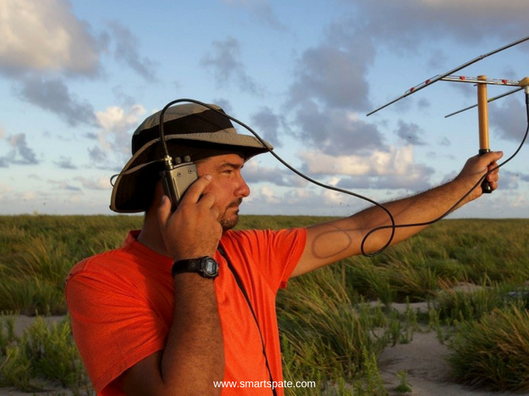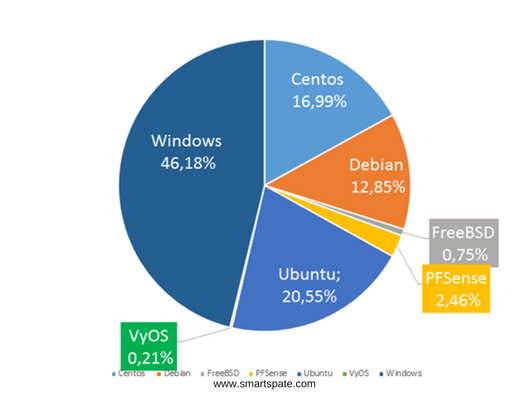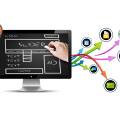Developers Of Ubuntu First Published A Desktop Telemetry
In February of this year, Ubuntu Report (GitHub) appeared in Ubuntu distribution 18.04 LTS. It gave users the ability to send data to their development staff about their work environment that would help further develop the operating system.
And last week Ubuntu developers published the first telemetry.
Why collect telemetry
According to Will Cooke, a manager at Canonical developing Ubuntu, they began to collect telemetry to improve the development cycle of the operating system and its new functions. Will noted that the developers do not pursue any marketing goals.

Among the information collected are: the version of Ubuntu used, the basic specification of the PC (data about the processor and graphics card, the capacity of the drives, the screen resolution of the monitor), as well as information about the installed third-party software and the user’s location. The full list can be found in the February open letter of Cook.
- In general, the community positively met the decision to collect telemetry, and about 67% of users who recently installed Ubuntu Desktop agreed to share data with Canonical. Nevertheless, some users expressed a number of concerns. In particular, they are concerned that the data collected can be used to establish the identity of the owner.
However, Canonical assures that the user himself decides what data to share by marking them with appropriate checkmarks in the menu. In this case, IP addresses and browser search history are not transmitted to the company’s servers. And what is transmitted is broadcasted over HTTPS.
Cook stresses that telemetry helps developers focus on the important elements of the system for users. It allows you to study the configuration of the iron, the parameters of using applications and their settings. As a result, developers are able to better prioritize the release of fixes and patches and adjust the development cycle accordingly.
What the collected data showed
According to telemetry data, three-quarters of users installed Ubuntu Desktop 18.04 from scratch, and the remaining quarter was updated from an older version. The average installation time for the OS was 18 minutes (with a minimum of 8 minutes). More than half of users with a full reinstallation of the system washed and formatted hard drives.
- As for the monitors, it turned out that most users had Full HD resolution (1080p). On the second place in popularity was the resolution of 1366×768. HiDPI and 4k were extremely rare.
Most users’ computers have one monitor, one graphics card, and one CPU. However, Canonical did not disclose the data on the number of cores of the central processors.
The prevalence of the OS around the world was estimated on the basis of the time zone established in the system. The data showed that most Ubuntu users are in the US. Following the popularity are Brazil, India, China, and Russia. However, Canonical believes that this data may not be entirely reliable since the US time zone is set by default for all new OS owners.
Some more statistics

Ubuntu is popular not only as an operating system for personal computers. According to the Cloud Market research, in 2018 Ubuntu dominates the number of deployed images in the cloud. On the official site of Ubuntu noted that this OS is more often than others “meets” in public clouds (deployed on 60% of virtual machines).
- In addition, Ubuntu Server is often used to work with OpenStack. According to a survey conducted by OpenStack among 70,000 members of the OpenStack Foundation, Ubuntu is deployed in 37% of production environments, 10% of development environments and QA and 5% of experimental environments.
For example, in the cloud, this operating system is used by companies such as Netflix, Uber, Bloomberg, Pinterest, and Instagram. Often they deploy their tools and applications in the IaaS cloud.
What’s next
Will Cook said that Canonical is planning to launch a special website, where the general statistics on the use of Ubuntu will be freely available. Thus, any interested user can find out how many people around the world have installed this OS, which applications are most popular among Ubuntu users and so on.
As they say in Canonical, such a decision is in good agreement with the concept of “openness”, which they intend to actively promote in the future.
The site will be launched before the release of the distribution of Ubuntu 18.10 (Cosmic Cuttlefish), which is scheduled for October 2018.





